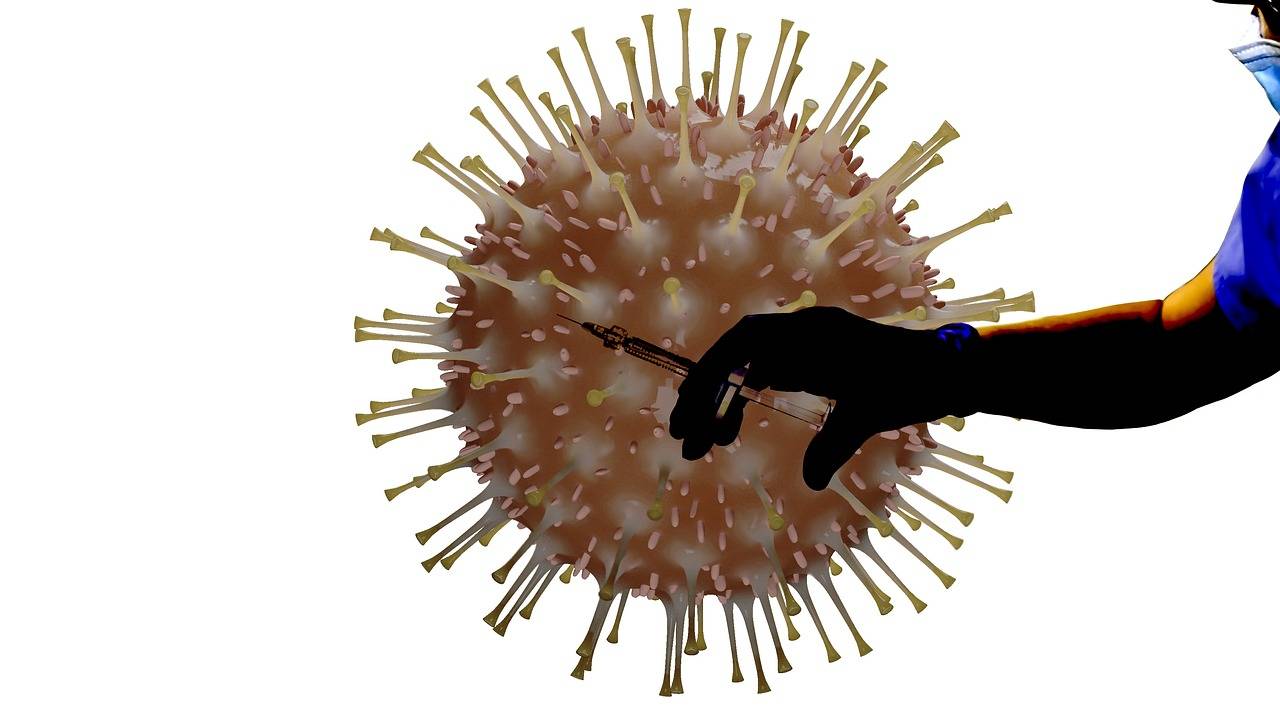The Role of Preventative Screenings in Health
Preventative screenings play a crucial role in maintaining overall health and well-being. By detecting potential health issues early on, these screenings help individuals take proactive steps to prevent more serious conditions from developing. Early detection through screenings can lead to timely interventions and treatment, ultimately improving outcomes and quality of life.
Regular preventative screenings also contribute to reducing healthcare costs in the long term. By identifying risk factors and addressing them promptly, individuals may avoid more costly medical interventions down the road. Additionally, preventative screenings empower individuals to take control of their health and make informed decisions about their lifestyle choices, fostering a proactive approach to well-being.
Types of Preventative Screenings Available
When it comes to preventative healthcare, there are various screenings available to detect potential health issues early on. One common type of preventative screening is mammography for breast cancer, recommended for women over the age of 40. This screening uses X-rays to examine breast tissue for any abnormalities that could indicate the presence of cancer.
Another important preventative screening is colonoscopy, which is recommended for individuals over the age of 50 to screen for colon cancer. During this procedure, a flexible tube with a small camera is inserted into the colon to look for polyps or other signs of cancer. Early detection through colonoscopy can significantly increase treatment success rates for colon cancer.
Who Should Consider Getting Preventative Screenings
Preventative screenings play a crucial role in maintaining good health by detecting potential issues early on. It is important for adults of all ages to consider getting preventative screenings to stay proactive about their well-being. While age can be a determining factor in when to start certain screenings, it is also essential to consider one’s medical history and lifestyle factors in determining which screenings are necessary.
Individuals with a family history of certain diseases, such as cancer or heart disease, should be particularly mindful of getting preventative screenings as recommended by healthcare providers. Additionally, those with certain risk factors, such as smoking, obesity, or high blood pressure, may benefit from regular screenings to catch any developing health concerns before they escalate. Ultimately, staying informed and proactive about one’s health through preventative screenings can lead to early detection and better outcomes in managing potential health issues.





